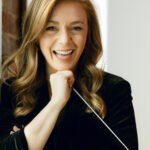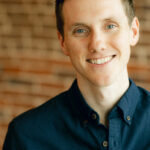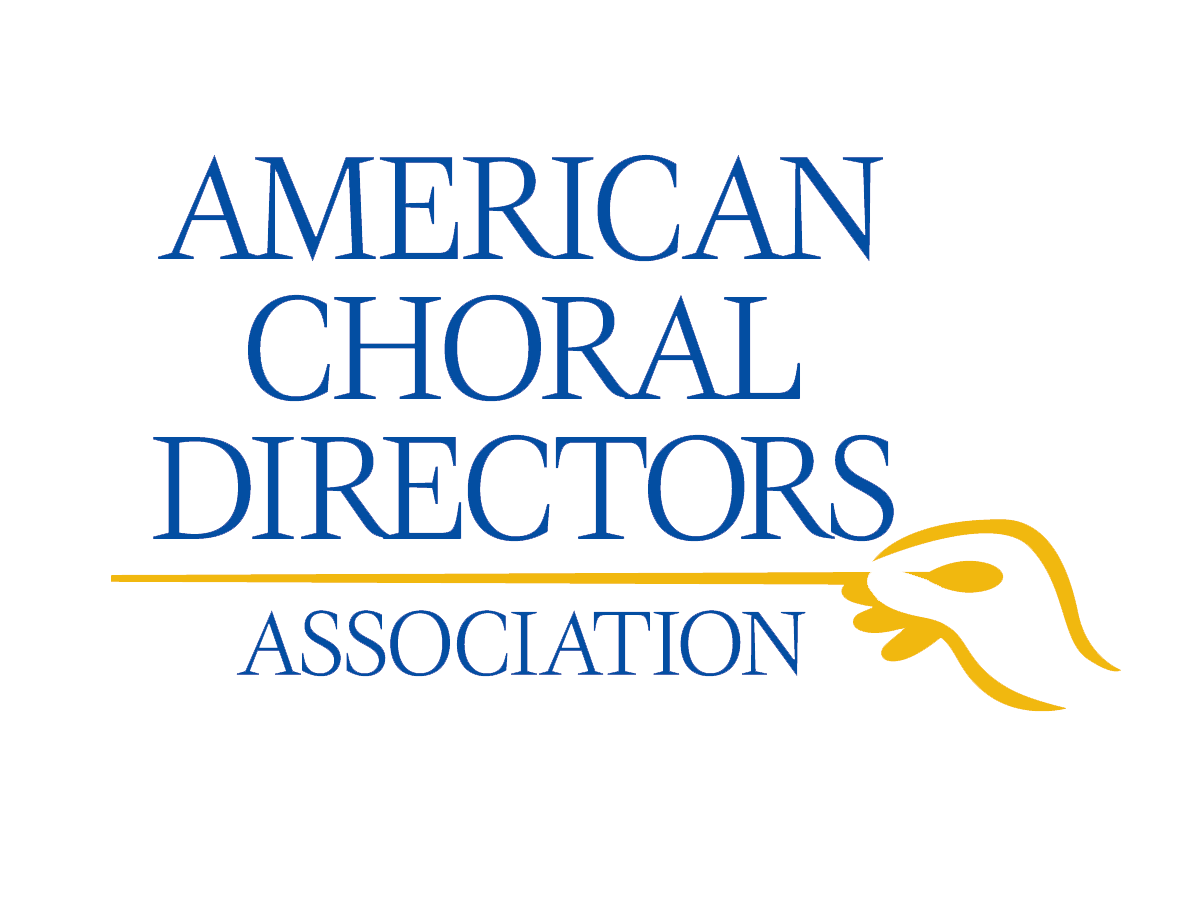Incorporating movement into the choral rehearsal and performance can feel daunting and uninspired. This session will focus on how to organically incorporate movement into rehearsals and performances to enhance, expedite, and ignite musical ownership in your singers. The session will open with an interactive choral warm up that integrates movement to develop and cultivate a full bodied sound. For many of our students, we are their main voice teacher, and engaging in kinesthetic actions supports a free, released, and supportive tone. In a research study by Grady and Gillam conducted in 2020, we know that movement is not just a visual stimulant but is critical to the intonation of an ensemble. The study revealed that singer intonation fluctuated by 58.31 cents when standing still vs. 27.67 cents when swaying lightly or engaging in body movement. Establishing singer trust and buy in for varied movement begins with the warm up and eventually can be a through line to performance. Movement will be divided into three categories – free form, guided, and choreographed – to provide various points of entry for each director and ensemble. Free Form Movement originates from the singer and singers are not required to match others in the ensemble. This technique helps each individual create their own physical expression without barriers and is a great opportunity to provide singer choice. Guided Movement originates from one source, often the director. This technique encourages movements that help keep the beat, shape a phrase, prepare entrances, and align cut offs. Finally, we will explore Choreographed Expressive Movement, where every movement has a musical intention and is unified throughout the ensemble. Choreographed movement should not compromise the expressive quality both visually and vocally. Participants will be active in the session, focusing on developing a vocabulary of gestures and teaching strategies to bring back to their next rehearsal. When creating our movement vocabulary it is important to consider the three E’s – is the movement Effective (does the movement bring about the sound you want), engaging (what is the buy in from the choir? From the audience?) and equitable (can this movement be done by everyone? Are all musical movements being valued equally?) At the end of our time together directors will walk away ready to explore the power of movement with choristers of all ages and musical backgrounds.
Developing Embodied Sound: Enhancing Rehearsal and Performance through Movement

McKenna Stenson
Florida State University
As an innovative conductor, teacher, and vocalist, McKenna Stenson has built a career inspiring students to sing confidently and motivating communities to create lasting change through song. Her energetic demeanor permeates positivity throughout the ensemble, creating a community of compassion, trust, and resilience. Stenson currently serves as an Assistant Professor on the Choral Faculty at Florida State University. In addition to leading ensembles, Stenson teaches undergraduate choral methods, graduate conducting, and graduate seminars. Stenson enjoys serving as a guest conductor, clinician, presenter, and adjudicator for choirs throughout the United States and abroad.

Bryan Stenson
Florida State University
Born and raised in Tokyo, Japan, Bryan Hiroto Stenson’s international upbringing shaped his perceptions of choral singing. Stenson seeks to share a global perspective with the students and collaborators he works with. Intent on fostering cross-cultural communication, his research centers on Japanese choral music and folk songs. Stenson currently teaches the Vocal Jazz ensemble and music education courses at Florida State University. Past organizations include the U.S. Army Band “Pershing’s Own,” the Indianapolis Symphonic Choir, the Tacoma Youth Chorus, the Children’s Chorus of Washington, and Columbia College in Missouri.


